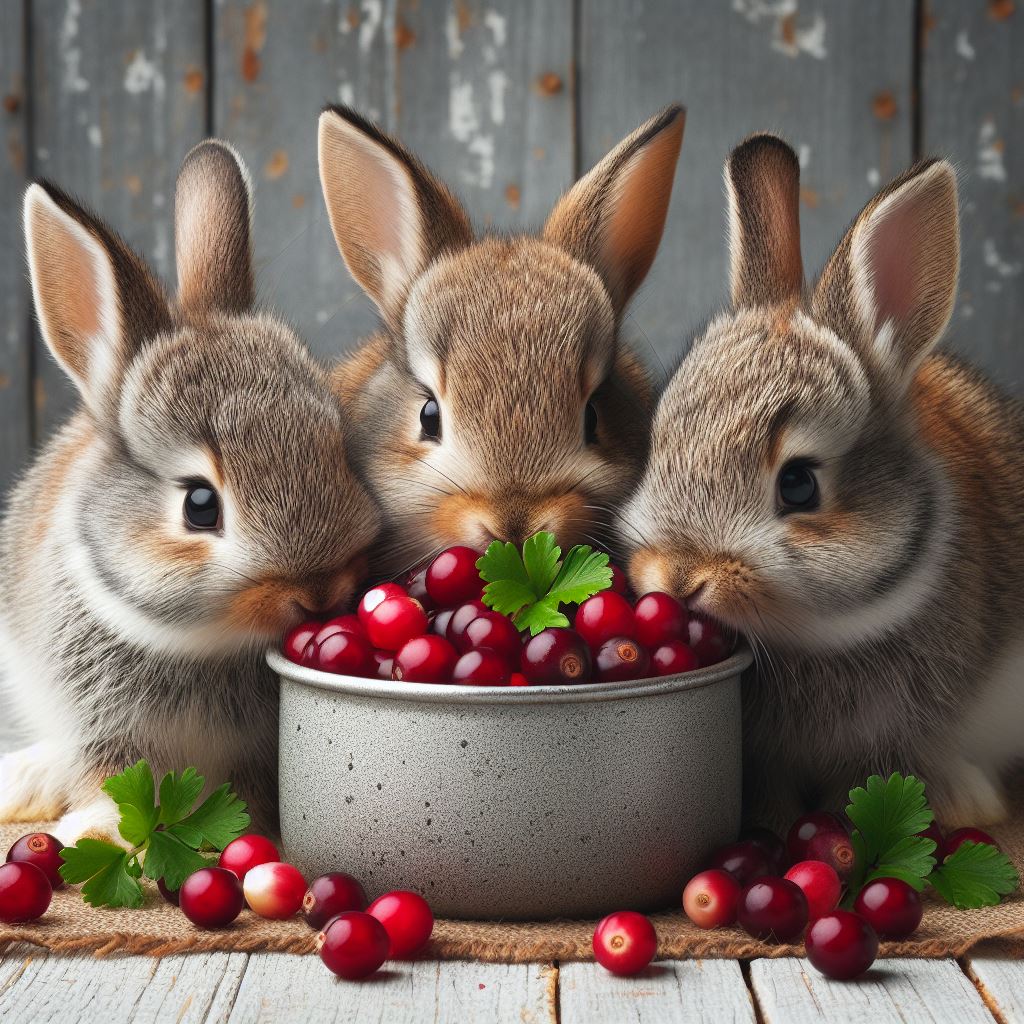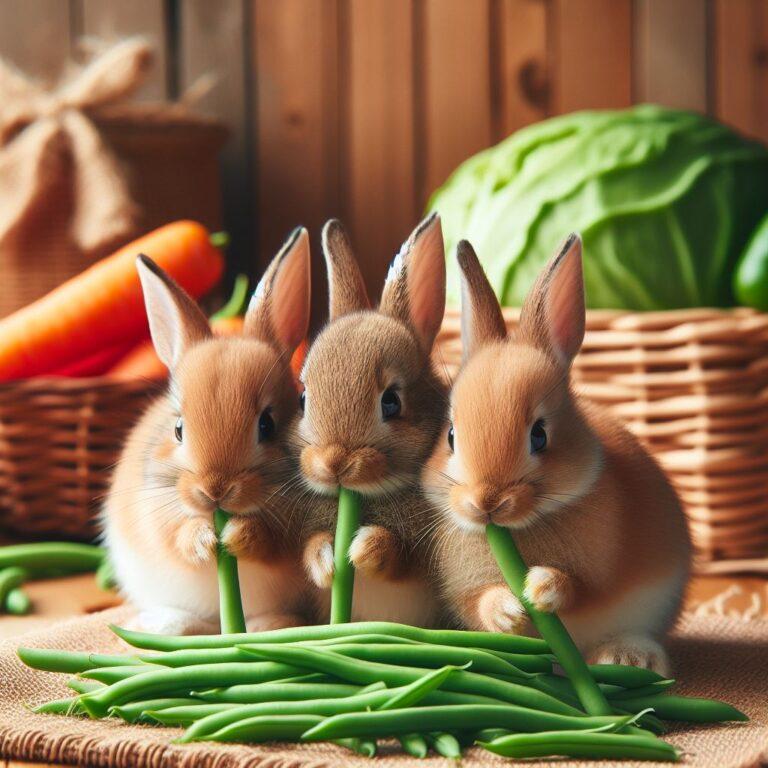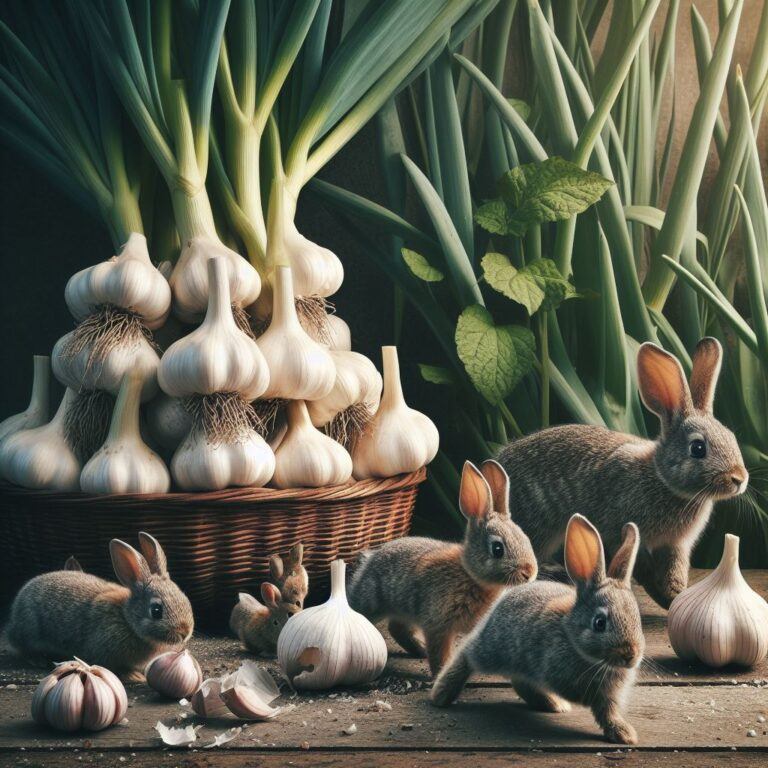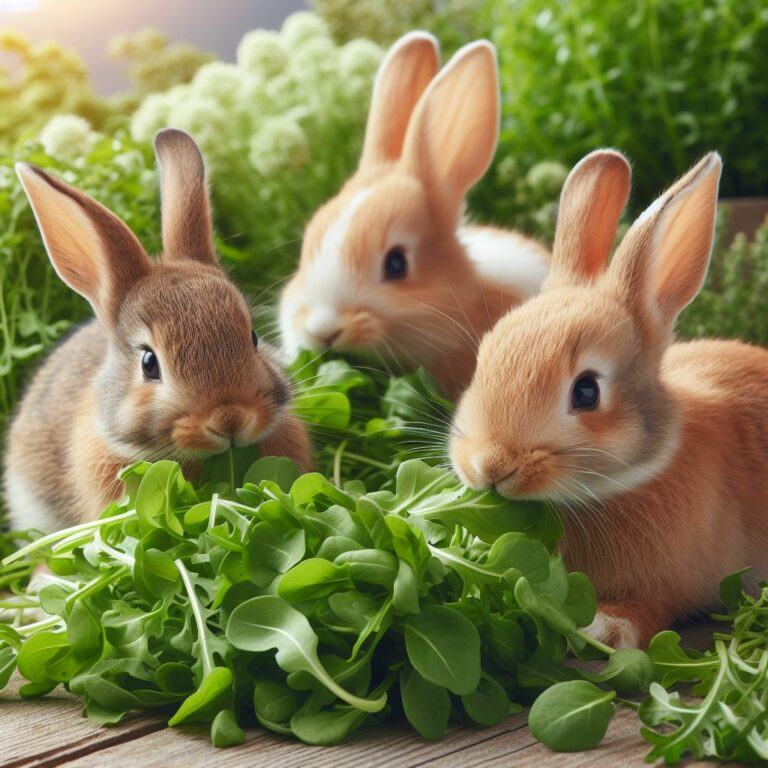Can Rabbits Safely Eat Cranberries
Yes, rabbits can safely eat cranberries, but as always with fruits, it is crucial to serve them in moderation. This fruit offers a boost of antioxidants, vitamin C, and manganese and can be a tasty treat for your pet rabbit. However, due to the natural sugar content and potential for stomach upset, cranberries should be an occasional treat and not part of their main diet.
While cranberries are rich in vitamin C and fiber, an excess can lead to health issues such as obesity and gastrointestinal problems.
It’s also important to remember that rabbits in the wild mostly graze on grasses and leafy greens, not fruits, so their digestive systems are not adapted to a fruit-heavy diet.
A few raw cranberries can be a nice treat every now and then, but too many might disrupt your rabbit’s delicate digestive system.
And remember, for domestic rabbits, high-quality hay should make up the bulk of their diet, complemented by leafy greens like romaine lettuce, cabbage, or spinach and a limited number of fruits like cranberries, strawberries, and blueberries.
Understanding the Effects of Cranberries on Rabbit Health
Cranberries are packed with vitamins and minerals that can benefit your rabbit. For instance, vitamin C and manganese in cranberries play a role in healing and bone development.
Antioxidants in cranberries help combat oxidative stress, which is beneficial not just for humans but for our furry friends too.
That said, it’s crucial to understand your rabbit’s unique needs and limitations. While the antioxidants may be helpful, rabbits produce their own vitamin C, so they don’t need massive amounts from their diet.
When it comes to digestive health, rabbits have a sensitive gastrointestinal tract. High-fiber foods align well with their dietary requirements, but cranberries’ fruit acids and sugar could lead to issues if consumed excessively.
So, while a few cranberries won’t harm your rabbit, they’re not a necessary part of their diet and should only be an occasional treat.
The natural sugar content in cranberries might pose a risk if you’re not careful. Rabbits have evolved to eat a diet low in sugar, and high levels can cause obesity and digestive problems such as GI stasis, a potentially fatal slowdown of the digestive system.
Moderation is KEY here.
Feeding Your Bunny Cranberries: Best Practices
So, you’ve decided to offer your rabbit a few cranberries, that’s a choice that can add a tasty twist to their diet. But, it’s crucial to approach this addition with caution and knowledge.
A thumb-sized portion of fresh cranberries once or twice a week is more than enough for most rabbits. Overstepping this limit could lead to health problems down the line.
Consistency is key to maintaining a balanced diet for your rabbit. Ensure cranberries are a small part of a diet primarily composed of hay, fresh vegetables, and a limited number of pellets.
Treats like cranberries should not exceed 10% of their total diet. Always introduce any new food, including cranberries, gradually to monitor for any adverse reactions in their delicate digestive system.
Fresh cranberries are best since they’re free from added sugars and preservatives that can be found in dried or processed options. If fresh isn’t available, opt for freeze-dried cranberries with no added ingredients.
Please stay clear of cranberry sauce and juices, as these are usually loaded with sweeteners that are harmful to your rabbit’s health.
When introducing cranberries, monitor your rabbit closely. Any change in their behavior or stool can be a sign of a digestive upset, so I would always recommend contacting your vet for advice.
By being cautious and observant, you can safely enjoy the experience of sharing a cranberry or two with your furry friend.







